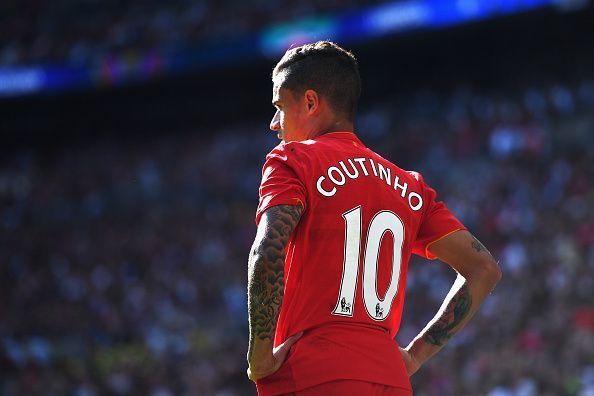
How do transfer requests work in football?
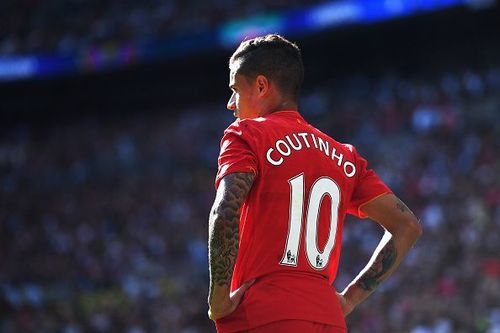
It's a football fan's worst nightmare - the transfer request. Fans can live with player bids being turned down or if another club's player rejects a chance to move to their club. But tell them their star player has handed in a transfer request and depression soon sets in.
It has happened so many times in the past. It can be a win-win scenario for both club and player (if the club receives a sizeable transfer fee commensurate to the player's worth in the now inflated transfer market). On the other hand, it can also turn out to be disastrous for one of the two parties.
But what actually transpires behind the scenes when a transfer request is handed in by a player? What do clubs do when a player makes a request?
Also read: Coutinho asks to leave Liverpool as Barcelona circle
Transfer requests actually have no legal basis
First things first: when a player wants to leave the club, he may sit down and pen a letter to the coach and board stating that he wants to leave. But that document has no legal bearing - thanks to the contract he signed when he moved to the club.
So a transfer request is effectively just that - a request which the club can duly ignore and then leave the coach with the headache of convincing his player that the club is the right fit for his ambitions.
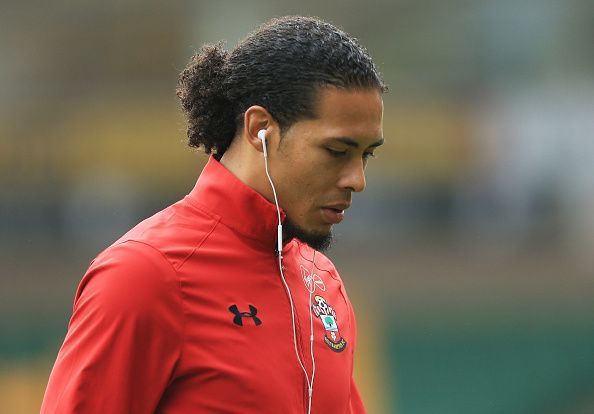
If the club holds all the cards in the matter, the transfer request becomes a waste of time, providing nothing more than fodder for the media. Handing in a transfer request does not always mean the player is any closer to the exit door.
The risk involved for players
What the club can do when a transfer request is made is to refuse certain payments promised to the player in the form of bonuses.
Of course, this entirely depends on the terms of the original contract, but clubs will be allowed to withhold payments such as loyalty bonuses.
Most contracts work in such a way that loyalty bonuses are paid in one lumpsum and not as part of the weekly wages. That is what the players risk losing when they ask to leave. When the request is made, that lumpsum goes straight back into the club's coffers.
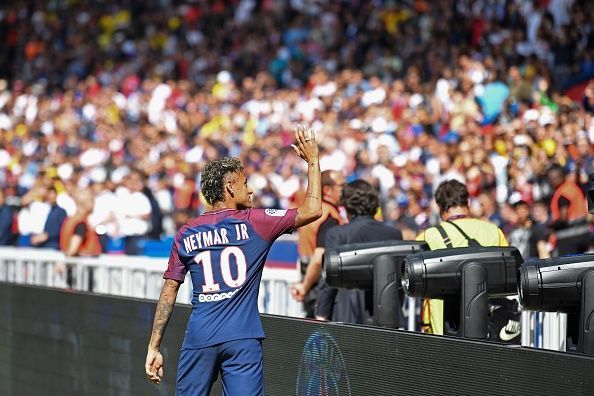
This is why transfer requests are usually the last resort for players angling for a move - when they realise that they must move at any cost. Besides, their new club may even pay them a similar amount as a sign-on bonus anyway.
Reasons why players hand in transfer requests
The most obvious reason why a transfer request is handed in by a player is because his head is turned. There's always a bigger club waiting to sign them up - one that can offer them a better chance at winning trophies, maybe European football, and/or also offer them a highly lucrative wage packet.
However, there are players (or rather their agents) who hand in a transfer request to negotiate a better contract with their club. Such players take advantage of clubs desperate to keep their best talents and profit from such scenarios.
They may have never wanted to move in the first place, but leaked stories from agents regarding a move see the media lap it up and the next thing you know the player's future is being discussed on television, prompting clubs to have a talk with said player and agent.
The most high-profile example of such a case is Wayne Rooney. Back in 2010, he had no qualms about following former teammate Carlos Tevez in moving across the divide and joining nouveau-riche Manchester City.
The last thing the Old Trafford club and Sir Alex Ferguson wanted at the time was a power shift in Manchester. And replacing a player of Rooney's calibre (in 2010) was also a huge problem. It was also one of those deals that would have invited backlash from the fans had there been even a hint of any negotiations.
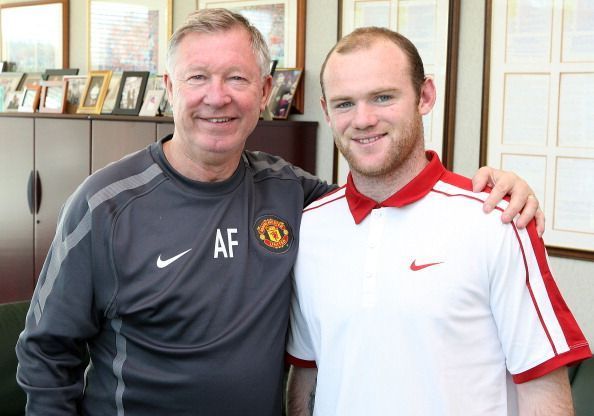
The club had no choice but to offer double his wages, and Rooney soon signed a five-year deal that saw him become the best-paid player in Red Devils history. The England international did get a bit of stick from the United fans but all was forgiven after that astonishing winner in the Manchester Derby.
The (ultimate) last resort: Player misbehaviour
When absoultely nothing seems to work for a player with the club refusing to budge on their stance, that is when some players take matters into their own hands.
They turn up late for the club's training sessions (or they don't turn up at all), they make it look like they are barely interested in giving it their all, and some may even alienate themselves from the rest of the squad.
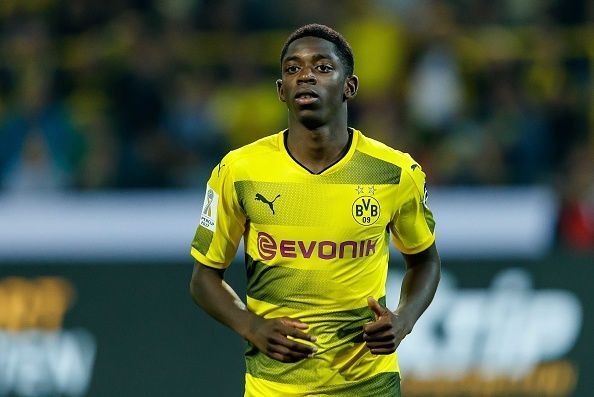
That is when the situation becomes detrimental to the club, and managers have no choice but to let them go. But then again, it depends on how crucial the player is to the team's plans.
Also read: Ousmane Dembele suspended by Dortmund
The bigger the player, lesser the risk of such a plan backfiring. Players who are already on the fringes of the team will be completely frozen out and their own future in football is at stake if they do not get enough games.
The timing of the transfer request
Star players know they will be valued in the market no matter what. That is what they count on when another club is involved. But those with good ties to their current club will ensure that the club is not left hanging in the market.
This is where the timing of the request is also important. Submitting a request towards the end of the transfer window - especially after pre-season is complete - is ill-timed.
It leaves the club with little time to buy a replacement. Moreover, other clubs now know they have money in hand and will take advantage of their depseration to hike up the value of their own players.
This is ultimately what leads to inflation in the transfer market. It is what many managers are heavily against but ultimately they too have no choice but to give in, putting their own philosophies on the backburner.
Arsene Wenger summed it up best when he agreed that transfer windows should close before the season begins.
"It creates uncertainties. At the start of the season everybody should be committed, not half-in, half-out."
It's an idea that now resonates with a number of managers. Last minute transfer requests are the last thing they need when they have already drawn up plans for an entire season.